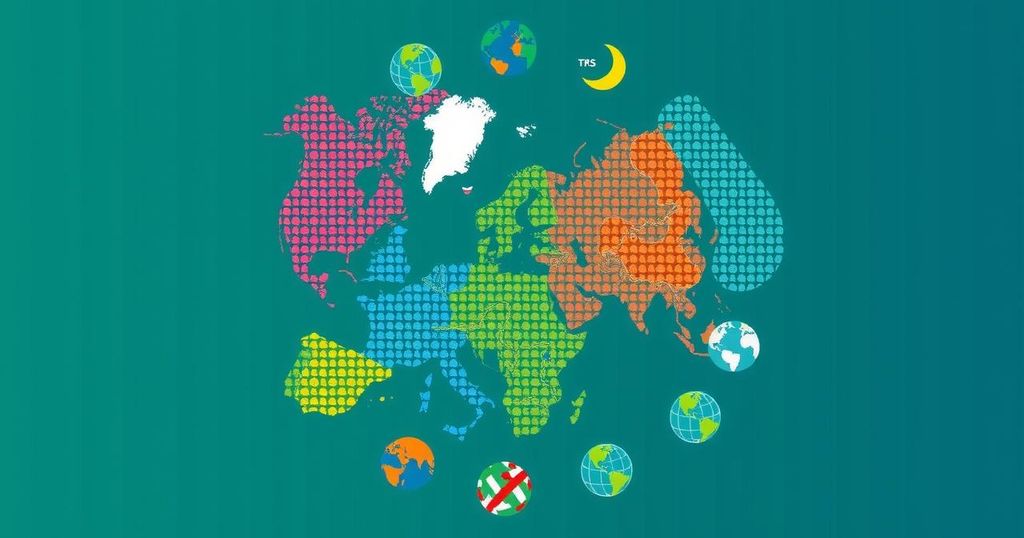COP29 Climate Deal: $300 Billion Funding Sparks Outrage Among Developing Nations

COP29 concluded with a controversial $300 billion climate finance agreement, which developing nations criticized as insufficient compared to the $1.3 trillion needed annually. Developing representatives expressed deep frustration, calling the deal inadequate and even insulting. While some in the Global North praised the achievements of the summit, concerns about funding structures favoring loans over grants persist. The situation highlights the critical gap in addressing climate change disparities.
Following the conclusion of COP29 in Azerbaijan, developing nations have expressed significant outrage regarding the newly adopted $300 billion annual climate finance target set by wealthy nations. While this figure represents a $200 billion annual increase from a long-standing agreement, it falls drastically short of the estimated $1.3 trillion needed annually by vulnerable countries to combat climate change effects effectively. Many representatives from the Global South condemned the funding as inadequate and insulting, highlighting the disconnection from the realities faced by their nations.
Some Global South negotiators characterized the deal as “environmental colonialism” and a betrayal by developed countries that historically have contributed to climate change. This sentiment was echoed by experts who noted that the funding structure might favor loans rather than grants, thereby exacerbating debt issues for poorer nations. In contrast, certain Western negotiators hailed the agreement as a milestone in climate finance, calling it ambitious and achievable.
The deal allows for both public and private funding sources to support climate adaptation efforts in developing nations, yet concerns persist about the potential implications of relying on loans. During negotiations, there were instances of protests and walkouts from delegates representing small island and impoverished nations, reflecting their frustration over perceived disregard for their needs and perspectives.
As the world grapples with unprecedented climate disasters, the $300 billion target has faced scrutiny for its adequacy in addressing the urgent need for climate adaptation assistance. While some countries pledged significant amounts towards adaptation funds, the record of fulfilling previous promises raises doubts about future commitments. Looking ahead to COP30 in Brazil, countries will be challenged to solidify their plans to meet the larger funding goals required to support vulnerable nations in the face of ongoing climate adversity.
The COP29 climate summit concluded with a contentious agreement aimed at climate finance for developing nations, where wealthy countries committed to a $300 billion annual funding target through 2035. This agreement comes against a backdrop of increasing climate-related disasters worldwide and a recognized need for a far larger investment to achieve meaningful adaptation and mitigation strategies in vulnerable regions. This tension underscores the ongoing challenges in negotiations between developed and developing countries regarding historical emissions responsibilities and financial commitments to combat climate impacts effectively.
In summary, the outcome of COP29 has sparked considerable outrage among developing nations, who see the $300 billion funding target as grossly inadequate compared to their substantial needs. The dissatisfaction stems from feelings of marginalization and inadequate response from wealthier nations, which have historically contributed to climate change. As global temperatures rise and climate disasters proliferate, the path forward requires greater commitment and transparency from developed nations to ensure effective climate adaptation financing for the world’s most vulnerable populations.
Original Source: www.voanews.com






